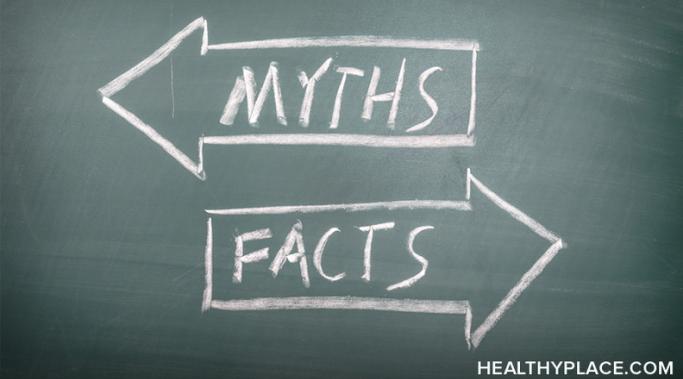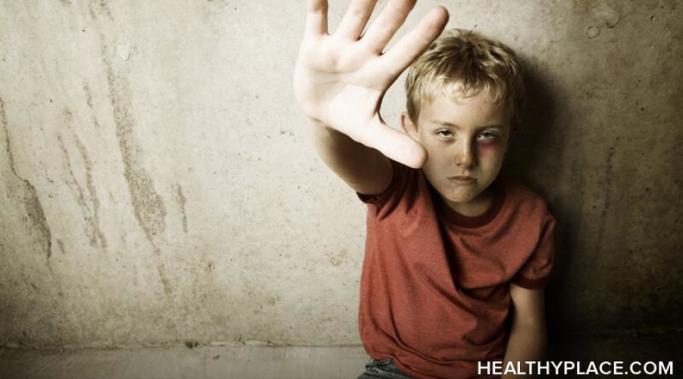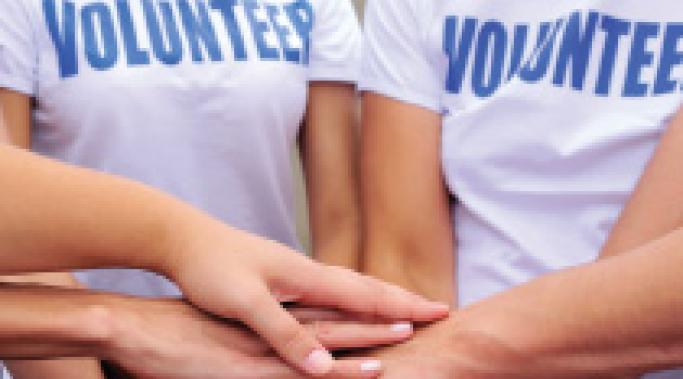Mental illness stigma and Halloween go together like hand and glove--we've all seen the "haunted asylums" and the "mental patient" costumes. Rather than trying to censor this mental illness stigmatization at Halloween, we should use it as a teachable moment. We should educate people that psychiatric patients are no more violent than the general population and that we're more likely to be the victims of violent crime than the perpetrators. While there is mental illness stigma around Halloween, we can use it to educate others.
Recovering from Mental Illness
You can create your safe place in your mind, visualized and brought to life by your imagination. The recent post I wrote tells you how to develop an imaginary space for mental illness recovery. But sometimes you may be unable to get to your safe place due to some kind of mental barrier. In this video, I explain how to fight these barriers and get to your safe place.
There are many myths about posttraumatic stress disorder (PTSD). Due to the stigma of mental illnesses such as PTSD, myths are common. The best way to address a myth is by educating people with the truth. So here are three myths about PTSD.
Is sexual abuse an epidemic? Recently, I was in my church's library and I found a copy of Sexual Abuse In Christian Homes and Churches by Carolyn Holderread Heggen, a Christian counselor specializing in sexual abuse recovery (Books on Sexual Abuse, etc.) She claims that sexual abuse is an epidemic.
What is your reason to stay sober? Recently I went to southern Missouri for a family reunion. We're Scot-Irish, and we drink like fish. As an alcoholic, relapse was tempting, especially when they broke out the hard root beer, but I stayed sober. As one of my relatives observed, you have to have a reason to stay sober. What is your reason to stay sober?
Do you know how to develop a safe place? Recently my therapist and I began EMDR for PTSD (EMDR stands for Eye Movement Desensitization and Reprocessing Therapy). We started by building a safe place--a place for me to go to when traumatic memories become overpowering. This taught me how to develop a safe place--something every mental health consumer should have.
There are many things your therapist won't tell you, but for today I want to focus on three. Some of these things are common knowledge, such as not everything is confidential (danger to self, danger to others, abuse). Some of these things are professional secrets (such as your psychiatrist is probably receiving free samples from the pharmaceutical company). There are at least three things your therapist won't tell you, and they vary by therapist. But as a general rule, the following statements are three things your therapist won't tell you.
Do you know how community service affects psychiatric symptoms? It's a paradox--serving others is ultimately one of the best things you can do for yourself (Volunteering To Build Self-Esteem). Community service affects psychiatric symptoms with a healing power that should not be overlooked. Community service affects psychiatric symptoms by helping a person realize that his/her problems are not as catastrophic as he/she might believe, that he/she can make a difference in the world, and that love is one of the most powerful forces on earth.
You may have many questions to ask your therapist when you start therapy. This is a good thing--you are entering treatment and you have a right to know what to expect (Should Psychiatric patients Have A Right To See Their Files?). You wouldn't go to any other kind of medical treatment without doing research into your condition, your treatment provider, and what your prognosis may be. So why should therapy be any different? Here are some questions to ask your therapist and why you should ask them.
Do you know how to get ready for a therapy appointment? Therapy, like an appointment for any medical condition, is much more efficient when certain steps are taken. However, since there is still a stigma attached to therapy, people might not know what these steps are. So here are some suggestions on how to get ready for a therapy appointment.









